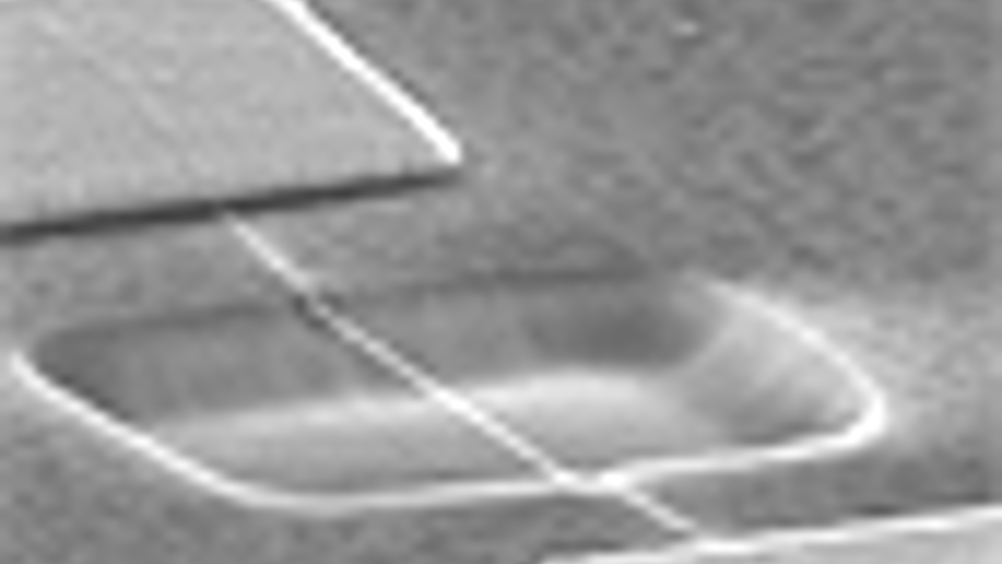Nanotuned to perfection

Researchers from Delft University of Technology and FOM Foundation claim to have successfully made and 'tuned' the world's smallest piano wire.
The wires are made of carbon nanotubes that measure approximately two nanometres in diameter. The researchers have published an article on the subject this week in the scientific journal Nano Letters.
The tubes were attached to electrodes and initially placed above a layer of silicon oxide. This layer of silicon oxide was then partially etched away with acid, which caused the tubes to detach and hang.
A layer of silicon is contained beneath the silicon oxide. A strong and frequently variable alternating current was applied to this layer, which caused the hanging nanotubes to vibrate. The suspended tube was alternately attracted and repelled. The largest measured deviation for one tube was eight nanometres. The distance of the nanotubes to the layer of silicon influenced the electrical capacity to the layer of silicon. The movement of the nanowires was derived from these changes in capacity.
Register now to continue reading
Thanks for visiting The Engineer. You’ve now reached your monthly limit of news stories. Register for free to unlock unlimited access to all of our news coverage, as well as premium content including opinion, in-depth features and special reports.
Benefits of registering
-
In-depth insights and coverage of key emerging trends
-
Unrestricted access to special reports throughout the year
-
Daily technology news delivered straight to your inbox










BEAS funding available to help businesses cut energy costs
And not a moment too soon, if the following exchange broadcast last Friday 13th June, on the Radio 4 ´Rare Earth´ program (link below, ~ 17 minutes...